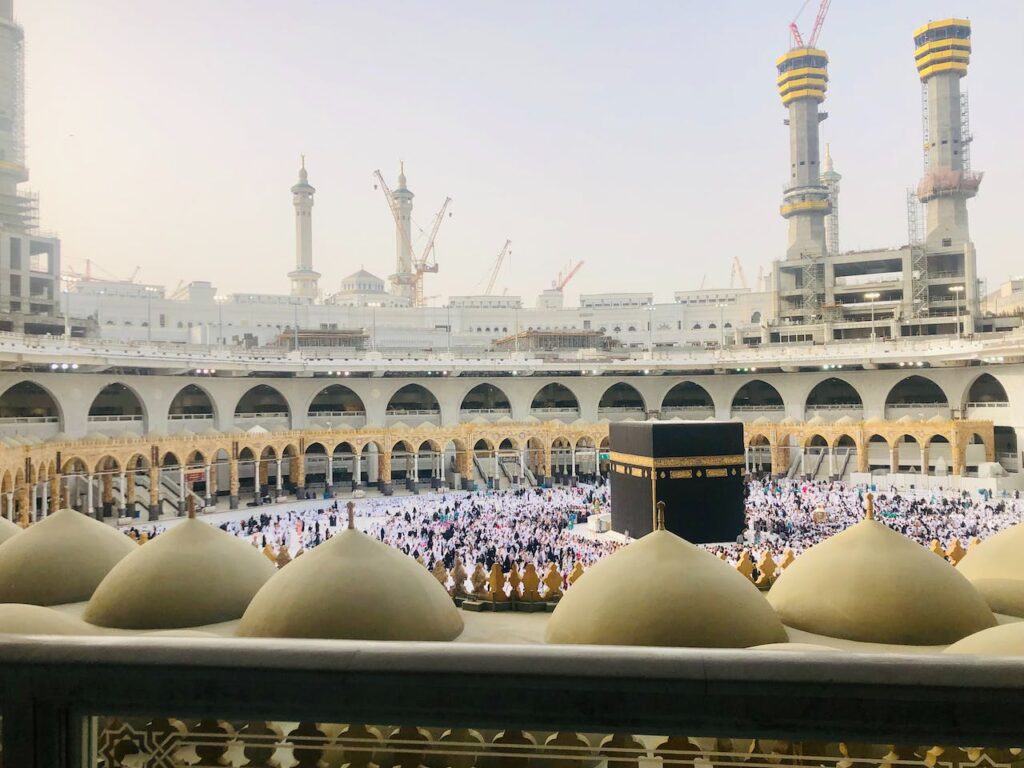The question of whether women can perform Sa’i during Period or not is a topic that has sparked debate and discussion among scholars and believers. This article aims to explore the various perspectives surrounding this issue. Debunk common myths, and shed light on the diverse opinions within the Islamic community.
Understanding the Menstrual Period in the Islamic Context
In Islam, menstruation is considered a natural physiological process that signifies temporary ritual impurity. It is believed that during this time, women were exempt from certain acts of worship, such as prayer and fasting. However, the permissibility of women performing Sa’i during their period is a matter of interpretation and varies among scholars.
Can Women Perform Sa’i During Period?
Some scholars have permitted perform Sa’i during period, while others have prohibited it and said that it is not permissible
The Argument for Prohibition
Some scholars argue that women should refrain from performing Sa’i during menstruation due to the state of ritual impurity. They believe that engaging in acts of worship during this period is not appropriate,
as the body is considered ritually unclean. This perspective is rooted in the interpretation that women should abstain from
religious rituals until they have completed their menstrual cycle and performed the necessary purification rituals.
The Argument for Permissibility
On the other hand, there are scholars who contend that women can indeed perform Sa’i during their menstrual period. They base their argument on the absence of any explicit prohibition in the Qur’an or the authentic Hadith literature. They assert that Sa’i is not an act of worship that requires ritual purity,
but rather a physical reenactment of Hajar’s search for water for her infant son, Ismail.
These scholars emphasize the importance of women’s full participation in religious rituals, regardless of their menstrual status. They argue that the exclusion of women from certain practices may perpetuate gender inequality and hinder their spiritual growth. They also note that Islam encourages women to engage in acts of devotion and that menstruation should not be a barrier to their involvement.
Read More: Can a Menstruating Woman Perform Umrah?
Considering the Diversity of Opinions
It is crucial to recognize that Islamic jurisprudence is not a monolithic entity, and there exist diverse opinions on matters that are not explicitly addressed in the primary sources. The debate surrounding women performing Sa’i during their period is a reflection of this diversity. It highlights the different interpretations and understandings of Islamic teachings among scholars and communities worldwide.
Seeking Guidance and Personal Choice
In matters such as these, it is recommended for individuals to seek guidance from knowledgeable scholars or consult trusted Islamic sources. They can provide insights into the specific rulings of various schools of thought and help individuals make informed decisions based on their personal circumstances and beliefs.
Key Takeaway
- The question of whether women can perform Sa’i during their menstrual period is a matter of interpretation within the Islamic community.
- While some scholars argue for the prohibition of such practices due to the state of ritual impurity, others advocate for inclusivity and the empowerment of women in religious spaces.
- It is important to respect diverse perspectives and individual choices based on personal beliefs and guidance from religious authorities.
Conclusion
In conclusion, The question of whether women can perform Sa’i during their menstrual period remains a topic of debate within the Islamic community. While some scholars argue for the prohibition of such practices due to the state of ritual impurity, others advocate for inclusivity and the empowerment of women in religious spaces. It is essential to recognize the diverse perspectives on this issue and respect individual choices based on personal beliefs and guidance from religious authorities. Ultimately, the journey toward understanding and accommodating diverse practices and interpretations is crucial for fostering a more inclusive and equitable religious community.






